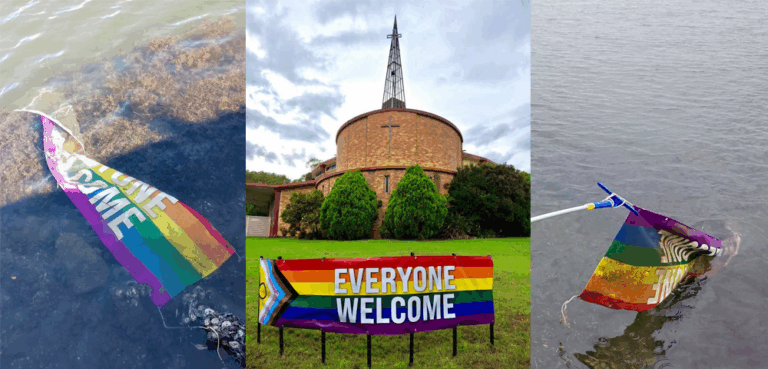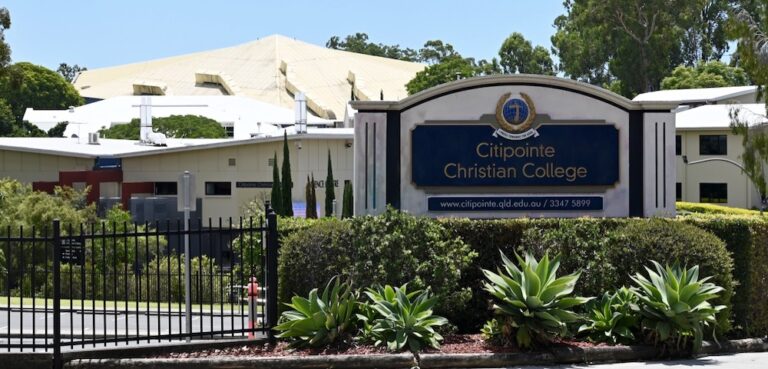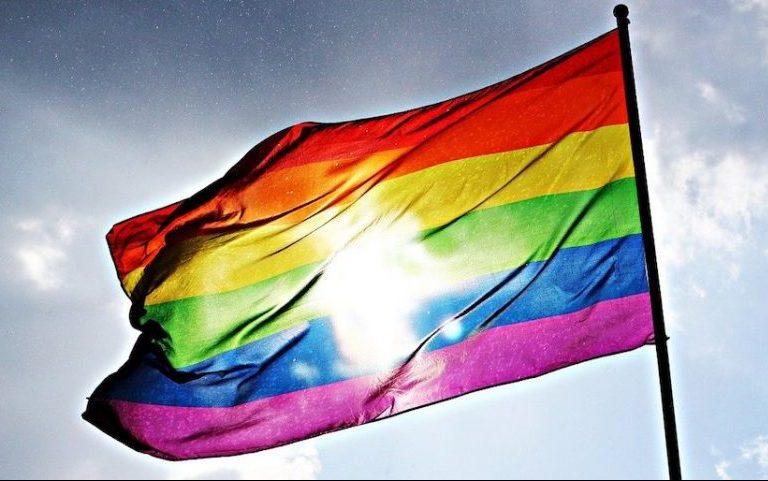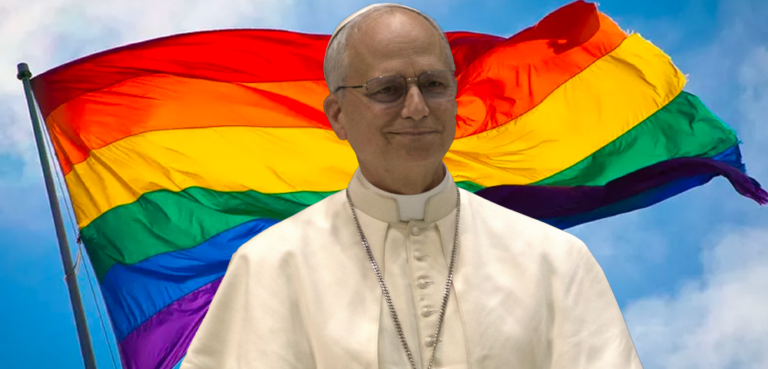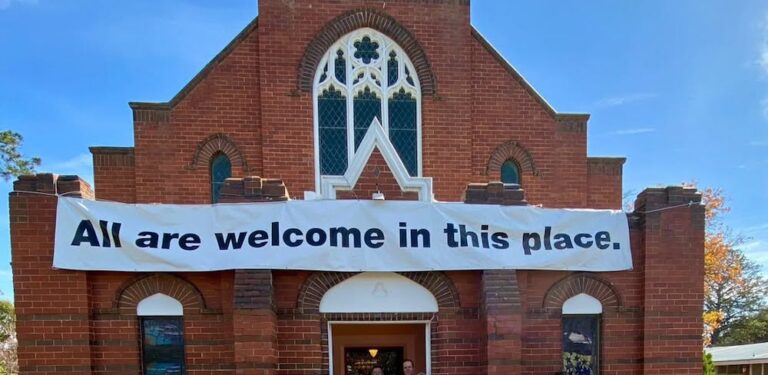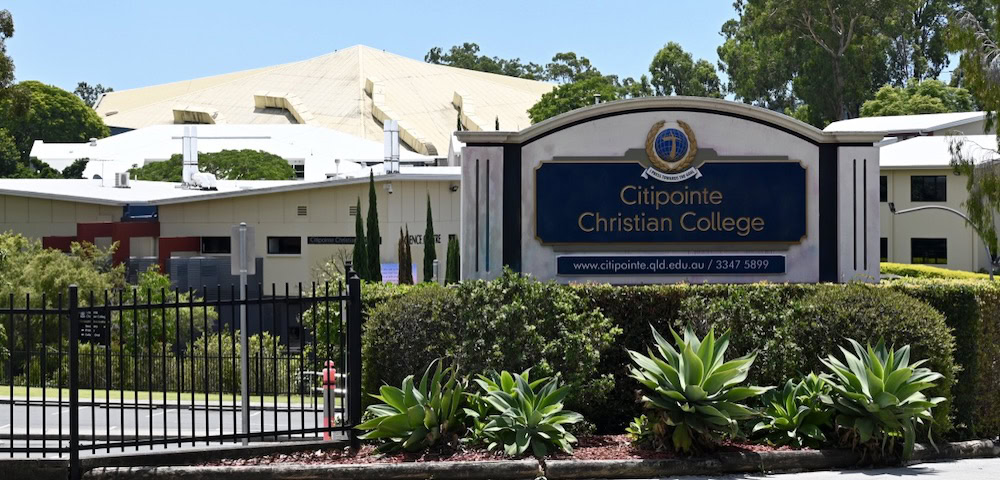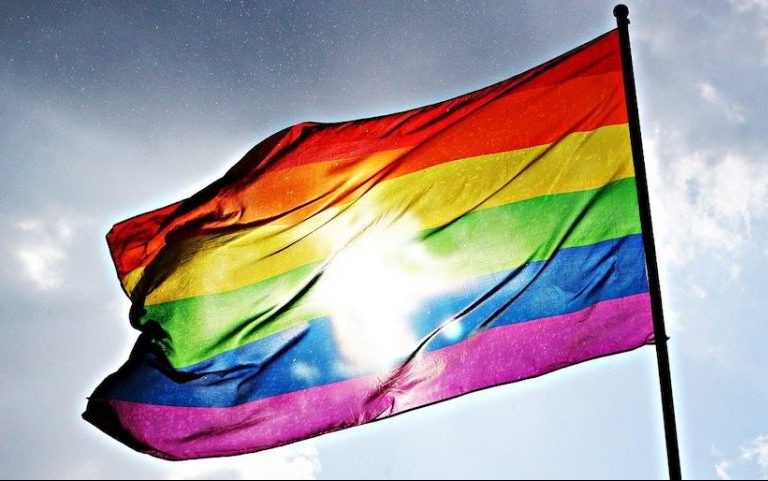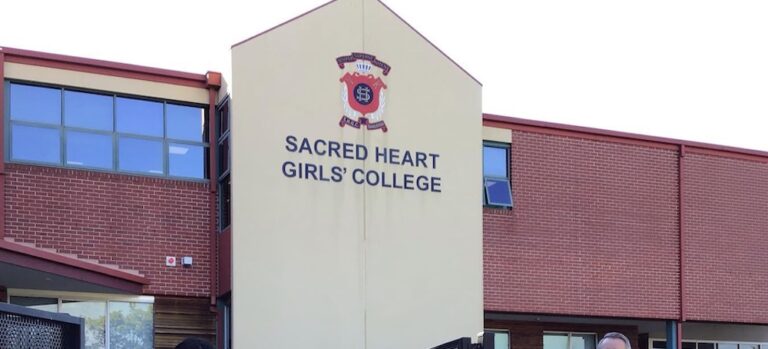
Editorial: What is this “religious freedom” debate really about?

As the Morrison Government continues to prepare its package of bills to ensure new religious freedoms and freedoms from discrimination for religious people, many are wondering what the sudden urgency is here.
The Australian Constitution already prohibits laws being made against “the free exercise of any religion, and no religious test shall be required as a qualification for any office or public trust under the Commonwealth.”
There have been no significant lawsuits over LGBTQI discrimination against religious bodies since marriage equality was legislated in Australia in December.
Neither has the Prime Minister delivered on his election pledge to move discrimination law amendments to make clear that no student at a private or religious school can be expelled on the basis of their sexuality.
Religious groups already have wide ranging rights to discriminate in every state but Tasmania where the balance of competing rights is more fair.
The Australian Christian Lobby were quick to run to Israel Folau’s defence when he was sacked by Rugby Australia after repeatedly being warned about social media posts condemning gay and transgender people.
But where were the Christian Lobby when Israel’s cousin Josiah Folau was let go from his job at a Catholic school when it was revealed that the Folau family church believes that the Catholic church is a “synagogue of Satan” and its masses a “paganistic ritual” and that most other Christians are going to hell?
It seems the right of religious people to vilify LGBTQI people is important but the right for religious people to vilify each other is less so.
The heads of 34 Anglican schools wrote to federal MPs in October to urge them to retain exemptions in the Sex Discrimination Act that allow them to sack gay teachers.
Yet even they said there was little evidence that gay students or staff had been dismissed by religious schools in recent years. So why retain the exemptions if they’re not being used?
What these exemptions really do is give religious leaders something to hang over their flocks’ heads to keep people in line.
They allow faith leaders to reach in and police the private lives of the members of their faith communities, to punish dissent and to silence and make invisible people who are inconvenient truths in the face of their doctrines.
Disagree with your church publicly on sexuality or relationships and they may deny your child a place at their school. Speak publicly on an issue they disagree with and you might be out of a job.
Being able to send your children to a religious school or to work or volunteer for a religious charity is an important part of participation in faith communities for many Australians.
And yet many people of faith disagree with their faith leaders on certain issues of conscious. We know that the majority of Christians in Australia supported the Yes vote in the postal plebiscite.
And people of faith who believe in the institution of marriage are more likely to want their gay and lesbian siblings to participate in that institution regardless of whether they can marry in their own church.
What has been particularly disturbing is the inside track that religious groups seem to have been given on the drafting of these bills.
Groups like Family Voice Australia and Freedom for Faith appear to have been given inside knowledge and LGBTQI advocates are still waiting for a seat at the table while Scott Morrison proudly poses with faith leaders at Parliament House.
If the Morrison Government would just be more transparent about what it is planning it could allay a lot of fears.
Next month will see the return of the Sydney Star Observer, and the Melbourne Star Observer will also hit the streets. They will deliver the local representation and focus that our readers and advertisers deserve.
